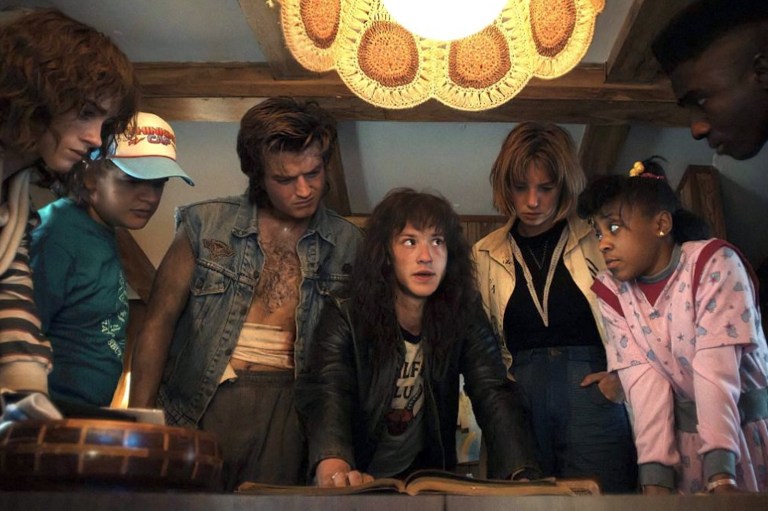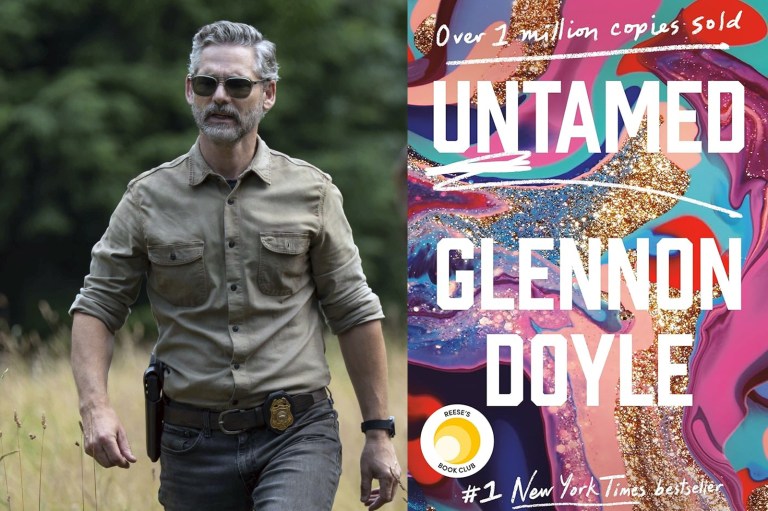
It’s Not Just In Your 20s: 7 Things You’ll Struggle With For The Rest Of Your Life
Being a "20-something" has sort of become an industry. It's not just a specific time of your life anymore.

Being a “20-something” has sort of become an industry. It’s not just a specific time of your life anymore. It has turned into a “thing” that has been commodified for the public to consume and perpetuate; a particular state that consists of certain themes in life one ought to identify with. In theory, there’s nothing wrong with that. Heck, our dear Thought Catalog would arguably not have been as successful without 20-something culture being the way it is now. I may or may not have had a job as a writer without it. So I don’t hate the 20-something culture, but I do like to think of it critically once in a while.
Thinking about how we talk about the experience of being in one’s twenties in the modern digital culture especially, it can come across like some of the things you’ll deal with, will only happen during this stage of life. To me, that seems unlikely and a tad absurd. I have brothers in their thirties who deal with some of the same things I deal with – just at a different level. My parents discuss some of the same issues that I contemplate currently – just with more experience. From my personal life therefore, and from societal observations, there are many struggles you’ll face in your twenties and beyond – some of which have nothing to do with the age and stage you are in life.
Here are a few things I think we’ll all probably struggle with while we’re breathing:
1. What your life purpose is and whether you’re fulfilling it.
It’s easy to think that you’ll get this epiphany in your twenties and all of a sudden, you’ll know exactly what you’re supposed to do with your life, for the rest of your life. Career-wise, not only is that unlikely in a time where switching jobs and careers is arguably more normal than ever, the likely truth is that you probably have several life purposes and they’ll come and go. When you look back in your life later, maybe they’ll all be related, maybe they won’t. But I think this struggle is one that lasts for much of a lifetime and the best thing you can do is to do good work (whatever that means to you), in something that you believe in, that reflects who you are in whole or in part, and that aligns with your values.
2. Your relationships – all of them.
You’ll struggle with your relationships from the families that you were brought into, to the families that you create – your friends and significant others. And you’ll struggle with this because people aren’t perfect, yourself included. Moreover, the past is hard to forget and with the many wounds and scars that you get along the way in life, from people who love you but hurt you, it’s hard to forgive. But maybe that’s the lifetime struggle – to forgive those who hurt us and love us, and to ask for forgiveness from them; to make peace with the past, and to forge a future with people that love you for you.
3. What money means to you and how to spend it (wisely).
This is difficult to talk about because how you start off in life – rich, poor, somewhere in between – will likely affect where you are in your twenties and beyond. I think struggling just a little bit financially in your twenties is a good experience in the long-run. It teaches you mental strength, it forces you to survive with little, and in the event that your situation changes as you garner more experience in the working world – that should come with more financial reward – you hopefully would have learned the value of money. But ultimately what money means to you is reflected by how you spend it, controlling for how limited a resource it might be in your life. Throughout your life this doesn’t change though – we put our treasures in the things our hearts desire. And if we think we don’t, then we know that something has to change.
4. The faith that you do or don’t have.
It’s easy to put people in boxes when it comes to faith – religious or spiritual or lack thereof. “She is a Catholic.” “He is an atheist.” Replace with whatever you like. Those identities may even be important to the people we know that bear them. But they don’t tell the story of a person’s faith journey or the times that they may wrestle with what they believe and don’t believe. Using a personal example, I am a practicing Catholic and that is an identity that means a great deal to me. But this does not mean I don’t go through life without questions. I ask important and difficult questions about my relationship to the Church, and indeed I ask for answers from God Himself – at times questioning everything from His love to His existence. I don’t think it’s just me though. I think that’s part of the human experience. Because we all believe in something – even if it’s not a deity. And throughout our life, we’ll all what answers to life’s difficult questions.
5. How to be good and kind in a world that sometimes feels like it doesn’t deserve it.
I chose the words, “good” and “kind” intentionally. Because I want to separate these from “being nice.” Now one can be nice and good and kind, or nice and good, or nice and kind. But if there’s something that often gets confused, it’s equating niceness to goodness or kindness; it is not the same thing. Being good and kind to people around you, people who by every measure of human decency don’t deserve it at all, is one hell of a struggle. It’s not just something that comes with maturity – you have to consistently work on it.
One thing I always promised myself that makes me go back to kindness and goodness is this: No matter how awful I believe someone is, no matter how they’ve treated me, if they need help and ask for it from me and I can offer it to them, then I will. Perhaps it is faith in practice, perhaps it’s a belief that goodness will follow me and my loved ones if I put it into the world, but it makes me sleep better at night either way.
6. How to find happiness.
Oh happiness, the thing that we seemingly spend our entire life searching for. It is defined in so many ways and by so many people. Sometimes we’re told it’s about what you possess, sometimes we’re told it’s about your DNA; sometimes we’re told we can choose it, and other times we’re told that it is dependent on certain conditions. What are we to do? I think happiness is something that words cannot define or explain entirely. It is a feeling, a state of mind, a state of being, an expression, an action, and probably a whole lot more. But I do know that happiness is something that comes alongside gratitude, and acceptance in the here and now. And I think it is something worth thinking about but perhaps not over thinking. Happiness simply is.
7. Whether who you are, fundamentally, is enough for you (and yes, those around you).
It’s hard to be yourself and it’s even harder to want to be more or different, than what you are currently. We’re always changing so there is nothing wrong with wanting to be more or different, I think. It all depends on the reasons. From a young age, we adopt the insecurities of those who we’re around, and through the imperfect world which we live in, surrounded by so many broken people, trying to love and live – we are broken too. And then we wonder if this brokenness ever goes away. We sometimes try to hide it but ever so often we share it – sometimes that feels good to be vulnerable in that way. And sometimes we experience the shame and guilt of being vulnerable. The best thing we can do, I think, is to be honest about who we are, and who we wish to become. I think at any age we can and should give ourselves the permission to be vulnerable to ourselves firstly, and then to others. And go from there. This isn’t a twenty something thing. This is a life thing.
So now you know, we’re all in these struggles together. And we’re all in it for a for a lifetime. And maybe we can help each other along the way ever so often. Maybe that’s how we’ll lead a good and worthy life. ![]()











